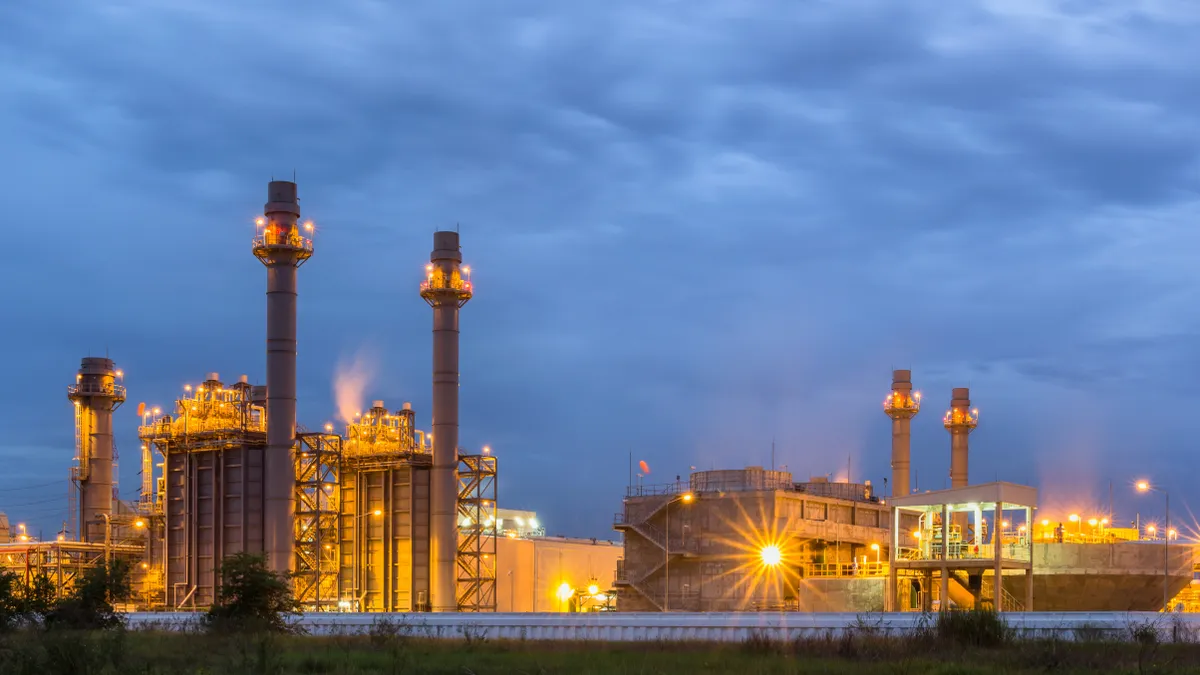The PJM Interconnection aims to offer incentives for “black start” generators that have assured fuel supplies, while allowing wind, solar and energy storage to qualify for that category of power plant, according to a proposal filed Friday with the Federal Energy Regulatory Commission.
Black start units are used to re-energize the grid during widespread blackouts, but PJM doesn’t require them to have secure fuel supplies, according to the grid operator.
During widespread outages on the bulk electric system, grid operators restore power by running black start units, building “cranking paths” to other key power plants, forming “islands” of restored service, which are synchronized, and connecting to neighbors, PJM said.
Nearly half of PJM’s black start units lack fuel assurance and the distribution of fuel-assured units is spread unevenly, potentially extending outages on the bulk electric system, the grid operator said.
Power plant fuel supply could be disrupted by natural gas pipeline outages, equipment failures at compressor stations or cyber attacks on pipeline systems, PJM said.
“Fuel supply availability could be a very real concern during the type of severe and widespread disruption to the [bulk electric system] that triggers a need for black start generation,” PJM said.
PJM proposed establishing Fuel Assured Black Start Units as a new category of black start resources. They would need to meet minimum commitment periods, performance requirements and testing requirements.
The black start units must be able to run for 16 hours without grid-supplied power.
Eligible gas-fired power plants without on-site storage would have to connect to two interstate pipelines or have a direct connection to a gas-gathering system.
The proposal helps address a need for additional diversity in the types of resources that can qualify as a black start unit by establishing qualification rules for wind, solar, run-of-river hydro and battery storage resources, PJM said.
As an incentive, black start units that recover their costs through base formula rates would receive 10% more revenue.
PJM intends to require one fuel-assured black start unit in each of its 21 transmission zones, supplemented by additional “high impact” units that are needed to quickly restore power, according to the filing.
PJM asked FERC that its proposal take effect by July 11 so it can issue a request for proposals for black start resources this summer. The proposal was widely supported by PJM’s stakeholders, the grid operator said.














